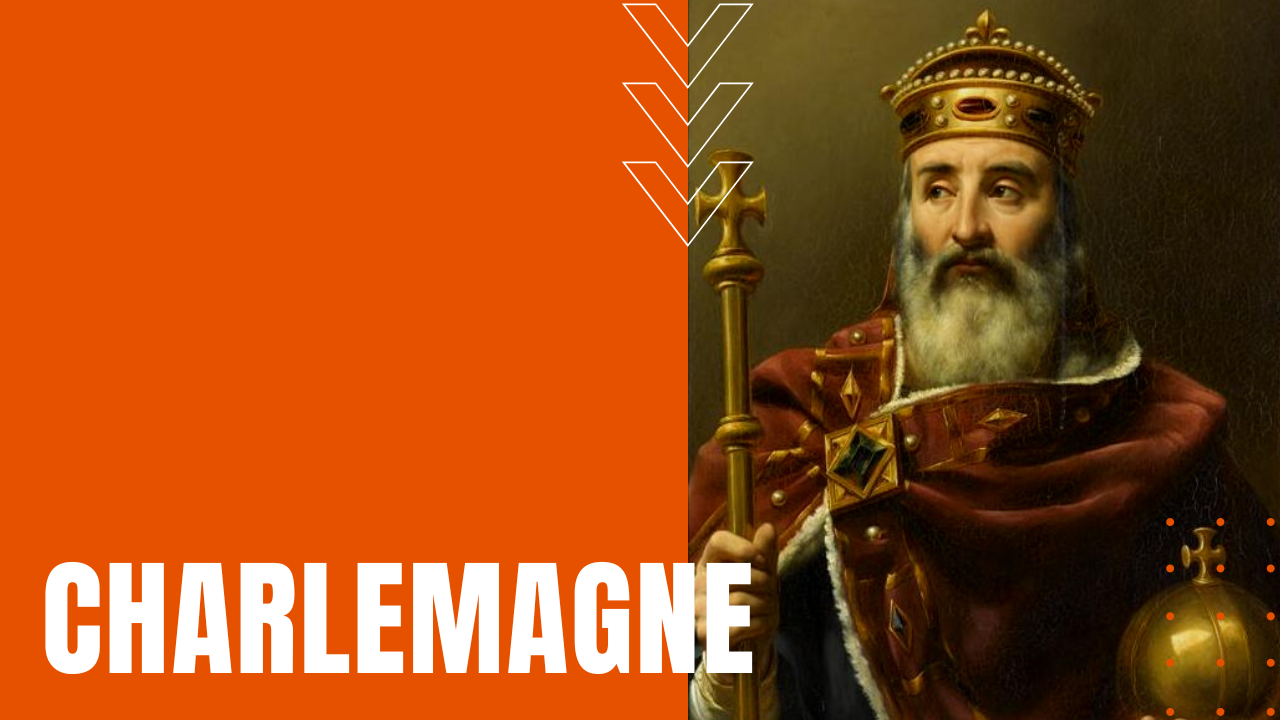Charlemagne: Holy Roman Emperor and Father of Europe

Known by some as the “Father of Europe,” Charlemagne or Charles the Great was born at an unknown location in Western Europe. After his kingly father and brother passed away in 768 and 771 respectively, Charlemagne became the sole ruler of the Franks, using his military prowess over almost three decades of war to unite all the Germanic peoples into a solitary Christian kingdom.
Pagan Saxons vs Charlemagne
Some of his toughest opposition came from the pagan Saxons, giving Charlemagne a reputation for ruthlessness when he ordered the slaughter of some 4,500 Saxons at the Massacre of Verden in 782.
His efforts, while brutal, eventually saw the conversion of pagan Saxony to Christianity, after his repeated threats of execution to any Saxon who refused the rite of baptism.
Charlemagne’s Values
Despite his zealous defense of Christianity, Charlemagne had multiple wives and mistresses, fathering as many as 18 children in his 72-year life, at the same time forbidding his many daughters from marrying before his death. After Pope Leo the 3rd crowned Charlemagne emperor of the Holy Roman Empire on Christmas Day, 800, Charlemagne proved to be a skilled diplomat and an astute administrator. He encouraged education, scholarship and culture, as well as instituting economic and religious reforms that ushered in a period in Western Europe now known as the Carolingian Renaissance.
He was also instrumental in developing the Carolingian minuscule, which was a standardized form of writing that comprised the foundational elements of modern European alphabets. Known as a highly energetic and athletic man, Charlemagne enjoyed hunting, horseback riding and swimming, until his health began to fail during the final four years of his life.
Death of Charlemagne
Ignoring the counsel of his doctors, due to their advice that he give up his deeply cherished roasted meats, Charlemagne crowned his son Louis the Pious King of Aquitaine, co-ruling with his son until Charlemagne’s death in 814, ending a four-decade reign that saw much of Western Europe consolidate into a single empire.
His unfailing push for the unification of Europe served as a source of inspiration for several notorious, land-grabbing dictators to come, including Napoleon Bonaparte and Adolf Hitler, while writers over the years have elevated Charlemagne to one of the most mythical and legendary kings of feudal Europe.
